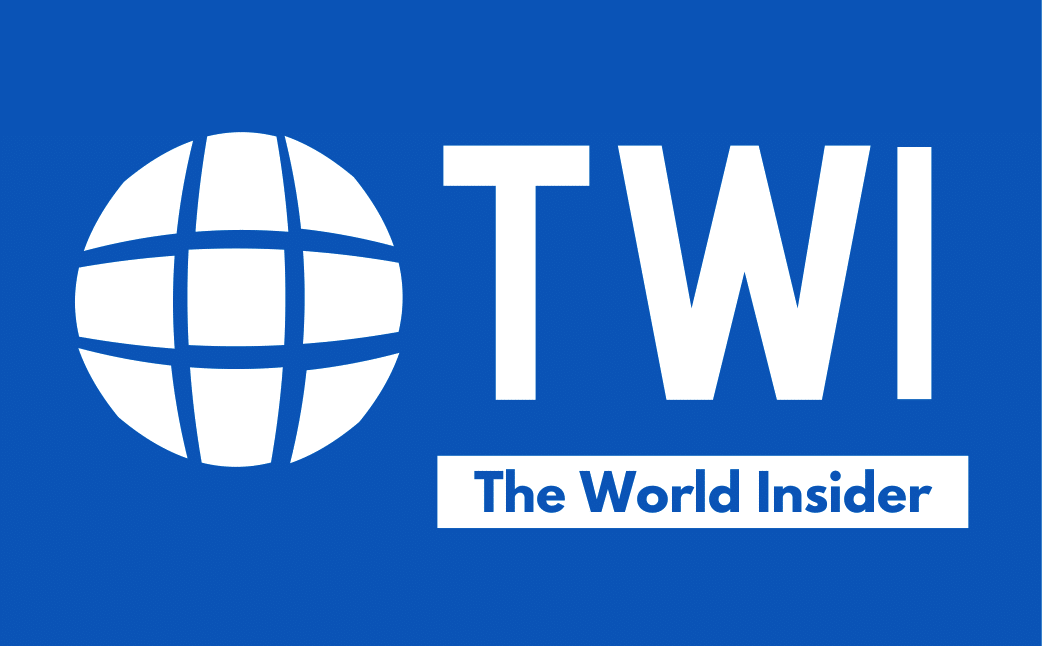NATO Secretary General Jens Stoltenberg participated in the European Council meeting to discuss key security challenges to the Alliance and Ukraine crisis, as the participants agreed to strengthen the partnership between NATO and the European Union.
During the meeting, Stoltenberg met with European Council President Charles Michel, EU High Representative for Foreign Affairs and Security Policy Josep Borrell, Secretary-General of the EEAS Stefano Sannino, and European Commission President Ursula von der Leyen.
According to the NATO statement, Secretary General Stoltenberg applauded “NATO-EU cooperation on the resilience of critical infrastructure” as they released the NATO-EU Task Force assessment report.
Stoltenberg thanked the European Commission and the European External Action Service “for the joint work with NATO on the report, which suggests concrete ways to further develop ties – including through more information exchanges; work to identify alternate transport routes for civilian and military mobility; and closer ties in security research.”
The NATO statement further added that the secretary general highlighted the “shared focus of NATO and the EU on the situation in Kosovo”. Stoltenberg said, the NATO-led KFOR mission continues to implement its UN mandate impartially and urged Serbia and Kosovo to avoid escalation and return to the EU-facilitated dialogue.
Substantive discussion with #EUCO leaders, with thanks to @eucopresident. At this grave moment for European security, #NATO–#EU cooperation is more important than ever. We continue to strengthen our partnership, including to support #Ukraine and to protect critical infrastructure pic.twitter.com/NQTtwTefXg
— Jens Stoltenberg (@jensstoltenberg) June 29, 2023
The final assessment report on the EU-NATO Task Force on the Resilience of Critical Infrastructure was released on June 29, 2023.
The report highlighted that “Critical infrastructure is vulnerable to intentional attacks or accidents. Many types of critical infrastructure are widely dispersed and some are easily accessible. Given the extent of private ownership and the need to ensure inter alia financial viability, strong security measures may not be feasible. Thus, critical infrastructure can be seen as a ‘soft target’ by an adversary, especially to hybrid tactics, which allow for such attacks to take place under a cloak of plausible deniability. Intentional attacks can also be timed to maximize the disruptive impact.”
The assessment report added that “Russia’s war of aggression against Ukraine has shown that critical infrastructure can be targeted in various ways: through espionage and intelligence gathering, physical attack, hostile reconnaissance, malicious hybrid, and cyber activities, exploitation of dependencies or seizure.”
EU and NATO report outlined four sectors of crosscutting importance that have been identified as providing services that support and enable other sectors: energy, transport, digital infrastructure, and space. The Allies concluded that these four sectors “face particular challenges that need to be addressed” to bolster resilience.




